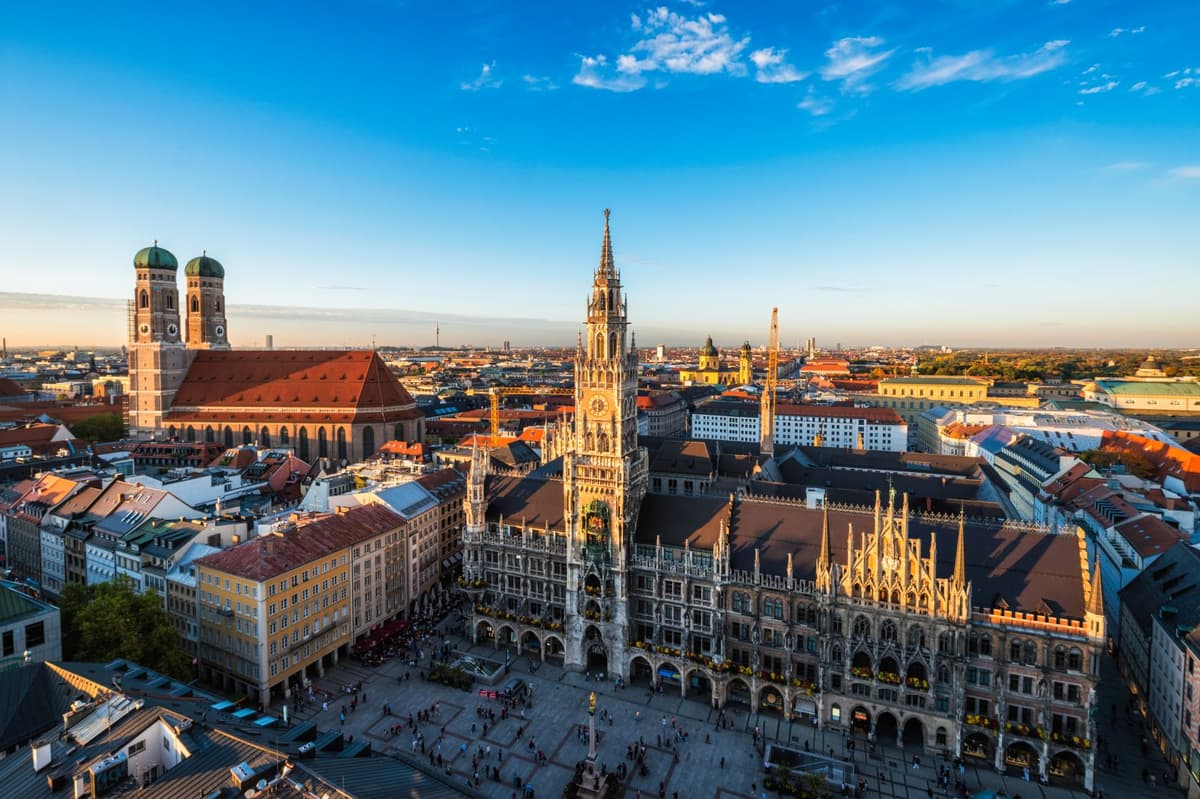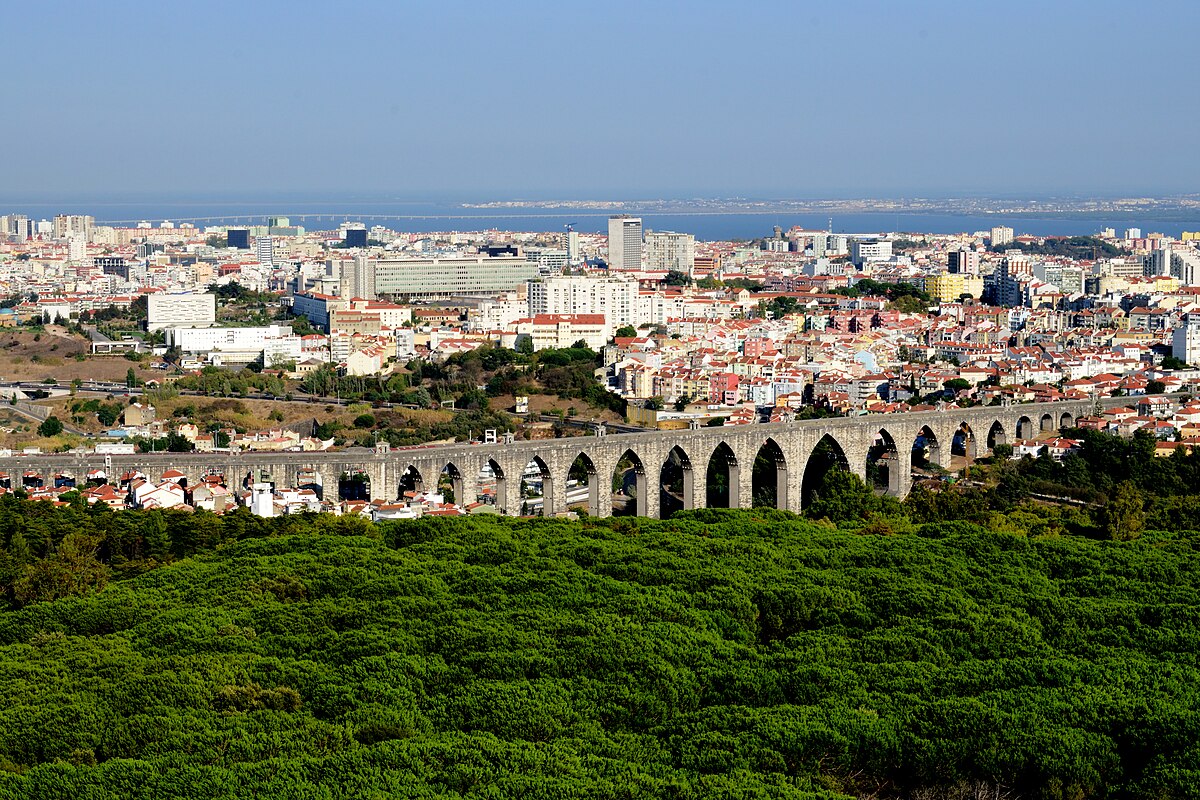Experts Warn Lisbon May See 50 Days Annually Over 35°C, Propose City Cooling Plan
According to regional climate projections, the city of Lisbon could face up to 50 days per year with temperatures exceeding 35 degrees Celsius by the middle of the century if current carbon emission levels persist. A group of urban planning and sustainability experts has concluded that the capital's average temperature is on track to rise by three degrees by the end of the century, as reported by the Diário de Notícias newspaper.
This expert group, which has collaborated with the Lisbon Municipal Council, has formulated a detailed plan to 'cool' the capital. The proposal outlines a structured transformation to be implemented by 2050, with specific goals set for each decade. Architect Diogo Lopes Pereira, a member of the group, stated, 'We are in constant heatwaves... By the end of the century, Lisbon will be three degrees hotter. It will be a zone closer to the climatic reality of a North African country.'
The experts identify the 'urban heat island' effect as a primary concern, representing a direct threat to public health. This phenomenon is caused by dense construction and the widespread use of impermeable materials that absorb heat. The report notes significant disparities in green space distribution across the city, leading to thermal and social inequalities in different neighborhoods.
Need Expert Guidance?
Get personalized insights from verified real estate professionals, lawyers, architects, and more.
To counter this, the proposed plan includes the development of ecological infrastructures based on the 'sponge-city' model. This approach focuses on solutions for rainwater retention, urban cooling, and the promotion of biodiversity. It also calls for a comprehensive review of urban planning regulations, the creation of incentives for green innovation, and the establishment of new standards for construction and building rehabilitation.
'The houses are not prepared, neither for the heat nor for the cold,' Pereira noted, emphasizing the need for investment in retrofitting the existing building stock, potentially using available European funds. The experts argue that even small-scale interventions, such as replacing asphalt with permeable materials and planting more trees, can significantly reduce local temperatures.
While acknowledging that the city has existing strategies, the experts contend that there is a 'gap between discourse and execution.' They state that current plans are not being implemented effectively enough. The group is scheduled to meet with municipal officials at the end of this month to present and discuss their proposed solutions. Discover eco-friendly properties and green developments at realestate-lisbon.com.





